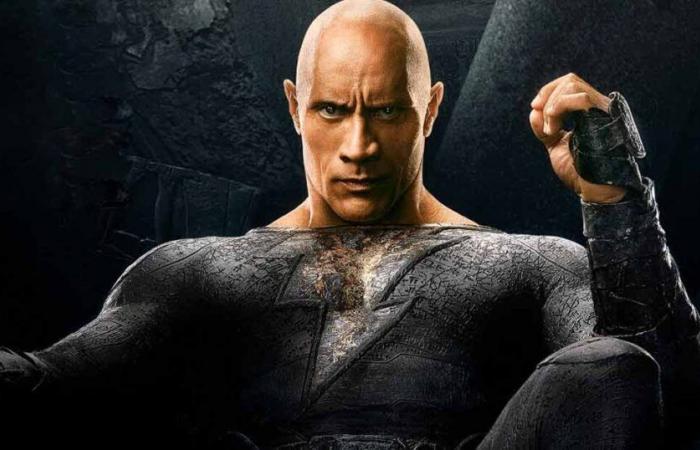Dwayne Johnson’s Black Adam aimed to shake up superhero cinema but instead shook Warner Bros.’ balance sheet, racking up losses between $50M and $100M. Big swing, big miss.
For context, Black Adam cost a jaw-dropping $195M, plus an $80-$100M global marketing blitz. And while $387 million in worldwide earnings might sound decent, it fell light-years short of the $600M target needed to break even. According to insiders, anything less spelled red ink, despite Warner Bros. claiming they’d scrape by at $400M thanks to “home entertainment magic.” Spoiler: that magic didn’t quite materialize.
Dwayne Johnson spent over a decade manifesting this antihero passion project, pitching it as the next big DCEU tentpole. But instead of delivering the next Aquaman or Shazam!, it landed somewhere between “meh” and “maybe later.” Critics gave it a lukewarm 43% on Rotten Tomatoes, and audiences weren’t exactly rushing back for second viewings.
But the real plot twist? Johnson’s behind-the-scenes power plays. He famously vetoed Shazam’s cameo in Black Adam (a move insiders claim “tanked both franchises”) and campaigned hard for a showdown with Henry Cavill’s Superman. Johnson wanted a Black Adam vs. Superman face-off so badly he allegedly bypassed Warner Bros. execs to greenlight Cavill’s blink-and-you’ll-miss-it cameo. While cool on paper, the gamble didn’t pay off, leaving the DCEU even more disjointed than before.
Johnson envisioned Black Adam as a unifier in the scattered DCEU timeline. He pitched a world where Joker, Suicide Squad, and Justice League could collide—essentially a superhero buffet for fans. “Everything,” Johnson said, “open up the book.” But the problem wasn’t the dream—it was the execution.
Instead of strengthening the brand, Johnson’s go-big-or-go-home mentality stretched the DCEU even thinner. Industry insiders noted his tendency to center himself as the “most important person in the room.” While confidence is great, it’s not enough to prop up a struggling franchise, especially in an oversaturated superhero market.
Black Adam premiered in late 2022 with a $67 million domestic opening—decent but hardly earth-shattering. Unlike DCEU hits like Aquaman, it lacked staying power. The absence of major markets like China and Russia didn’t help either.
Even Warner Bros.’ “shorter theatrical windows” strategy couldn’t save the day. Home entertainment brought in some extra cash, but not enough to cover the film’s mountainous costs. And let’s be real: superhero fatigue wasn’t just a pandemic thing—it was a Black Adam thing.
-Looking back, Black Adam wasn’t just a box office blunder but a cautionary tale. Ambition is great, but in Hollywood, even The Rock can’t carry a cinematic universe on his shoulders alone.
In the end, the “hierarchy of power” didn’t shift. It stalled, leaving Warner Bros. to pick up the pieces while the DCEU dreams of what could’ve been.
Note: Box office numbers are based on estimates and various sources. Numbers have not been independently verified by Koimoi.
For more such stories, check out Hollywood News
Must Read: When Christian Bale Revealed He Was Paid Less Than Makeup Artists For American Psycho, Sparked His Career Drive!
Follow Us: Facebook | Instagram | Twitter | Youtube | Google News






